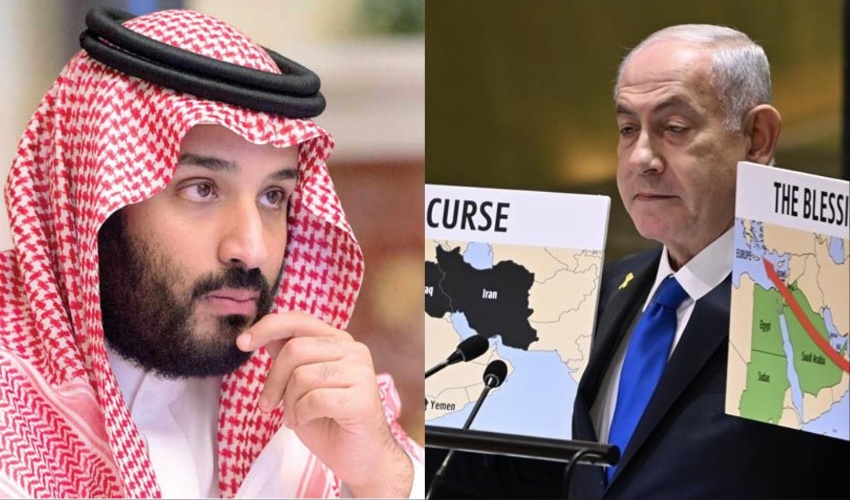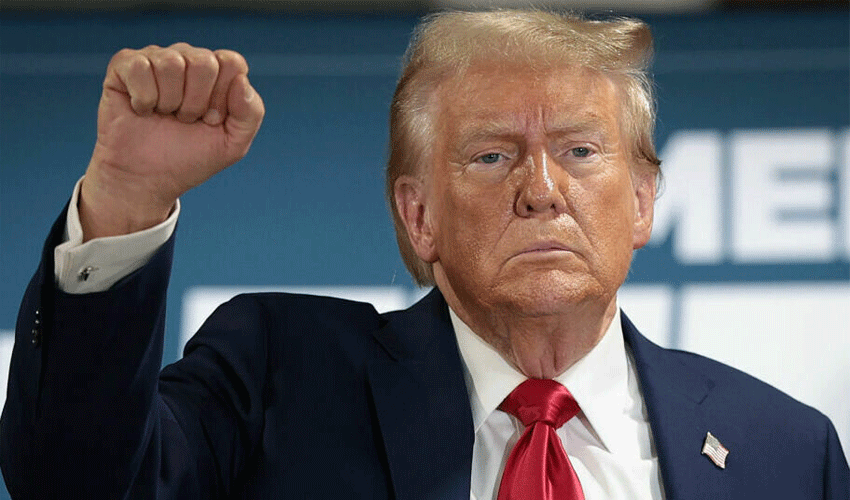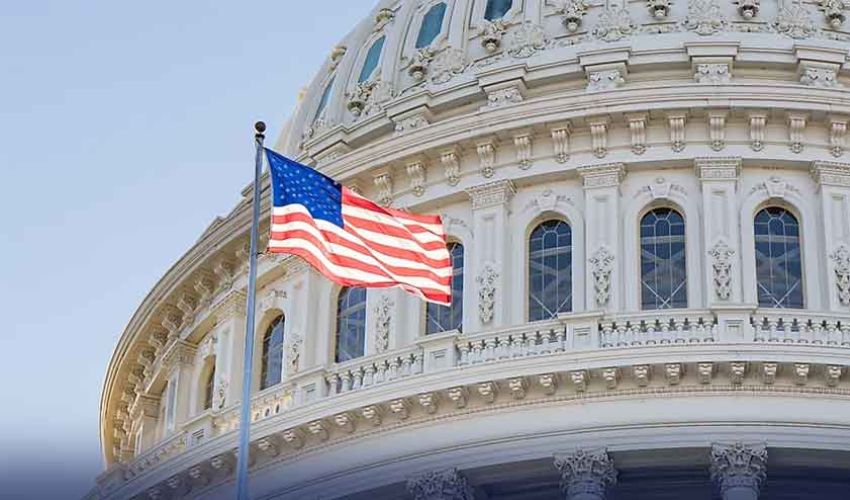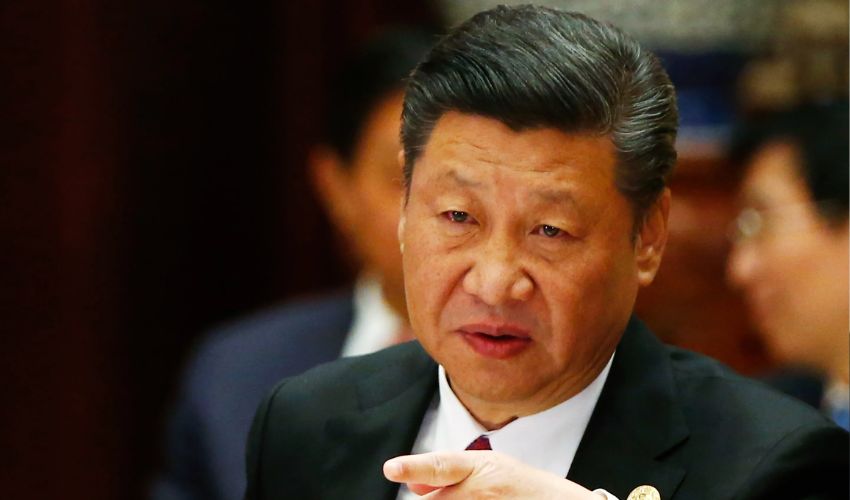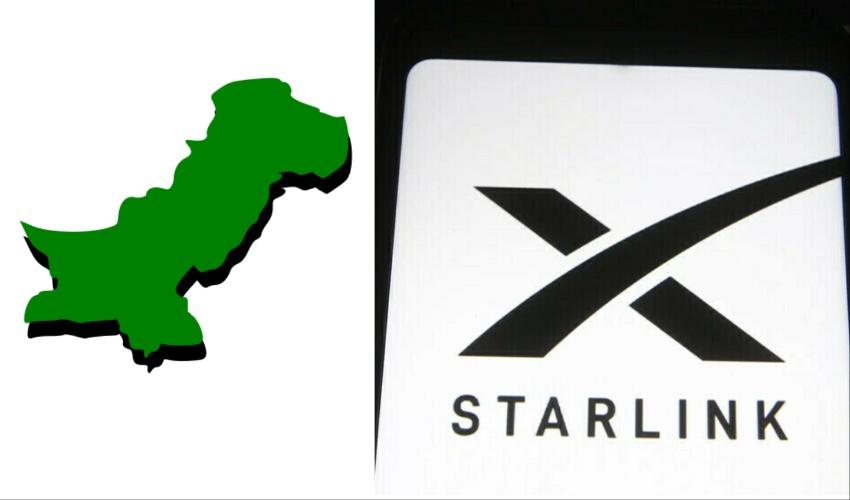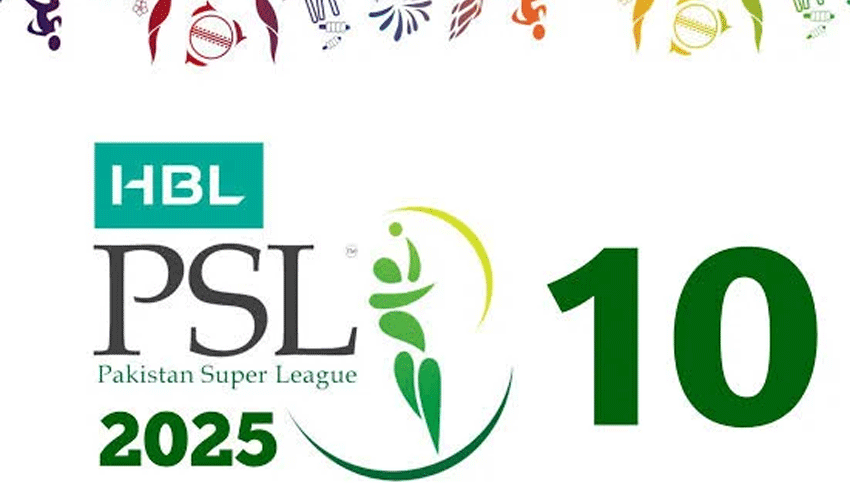Saudi Arabia - alongside other Gulf states - has strongly condemned the publication of an Israeli map that asserts Jordanian, Lebanese, and Syrian territories as part of a so-called "Greater Israel."
The Kingdom denounced the move as a blatant violation of international laws and an effort to solidify Israeli territorial ambitions at the expense of Arab nations.
In a statement issued by the Saudi Foreign Ministry, the Kingdom emphasized its rejection of the map, which falsely claims parts of Palestine, Jordan, Syria, and Lebanon as part of Israeli territory.
The ministry described the map as a reflection of Israel's continuing attempts to entrench its occupation in the region and expand its territorial claims.

"The publication of such extreme allegations underscores Israel's intentions to consolidate its occupation, violate international sovereignty norms, and disregard international law," the statement read.
It further urged the international community to take a firm stance against Israel's actions and fulfill its responsibilities in upholding peace and security in the region.
The Saudi government reiterated its call for all nations to respect the sovereignty and territorial integrity of states to prevent further escalation and regional crises. Saudi Arabia also emphasized the importance of supporting efforts aimed at achieving a just and comprehensive peace in the Middle East.
The rejection of the Israeli map was echoed by other Gulf nations, including Qatar and the United Arab Emirates (UAE), both of which issued strong statements condemning Israel’s provocative actions. Qatar’s Foreign Ministry called the map a "flagrant violation of international legitimacy and resolutions," warning that such actions could undermine peace efforts, particularly in light of the ongoing violence in Gaza.
Similarly, the UAE Foreign Ministry denounced the map as part of Israel’s broader expansionist agenda, stressing that such practices would further escalate tensions in the region and hinder efforts to reach a peaceful resolution.
The UAE reaffirmed its commitment to supporting international initiatives aimed at achieving a two-state solution and the establishment of an independent Palestinian state.
The Palestinian Authority and Jordan also joined in denouncing the map, with officials highlighting its direct contradiction to the Arab world's longstanding stance on the Israeli-Palestinian conflict.
The map, which surfaced on official Israeli social media accounts, has sparked outrage across the Arab world for claiming land that is widely recognized under international law as part of Palestine, Jordan, Lebanon, and Syria.
This latest controversy comes amid an ongoing period of heightened tensions in the Middle East, particularly in the wake of Israel's military actions in Gaza and continued settlement expansions in the West Bank.
Far-right Israeli politicians, including Finance Minister Bezalel Smotrich, have previously displayed support for such territorial claims, with Smotrich even endorsing a map of Greater Israel during a 2023 event in Paris.
For decades, Israel has resisted international calls to withdraw from occupied territories, including the West Bank, East Jerusalem, and the Golan Heights, maintaining its position against the establishment of an independent Palestinian state with East Jerusalem as its capital based on pre-1967 borders.
The Gulf states, particularly Saudi Arabia, have consistently called for a peaceful resolution to the Israeli-Palestinian conflict, advocating for a two-state solution in accordance with international resolutions.





